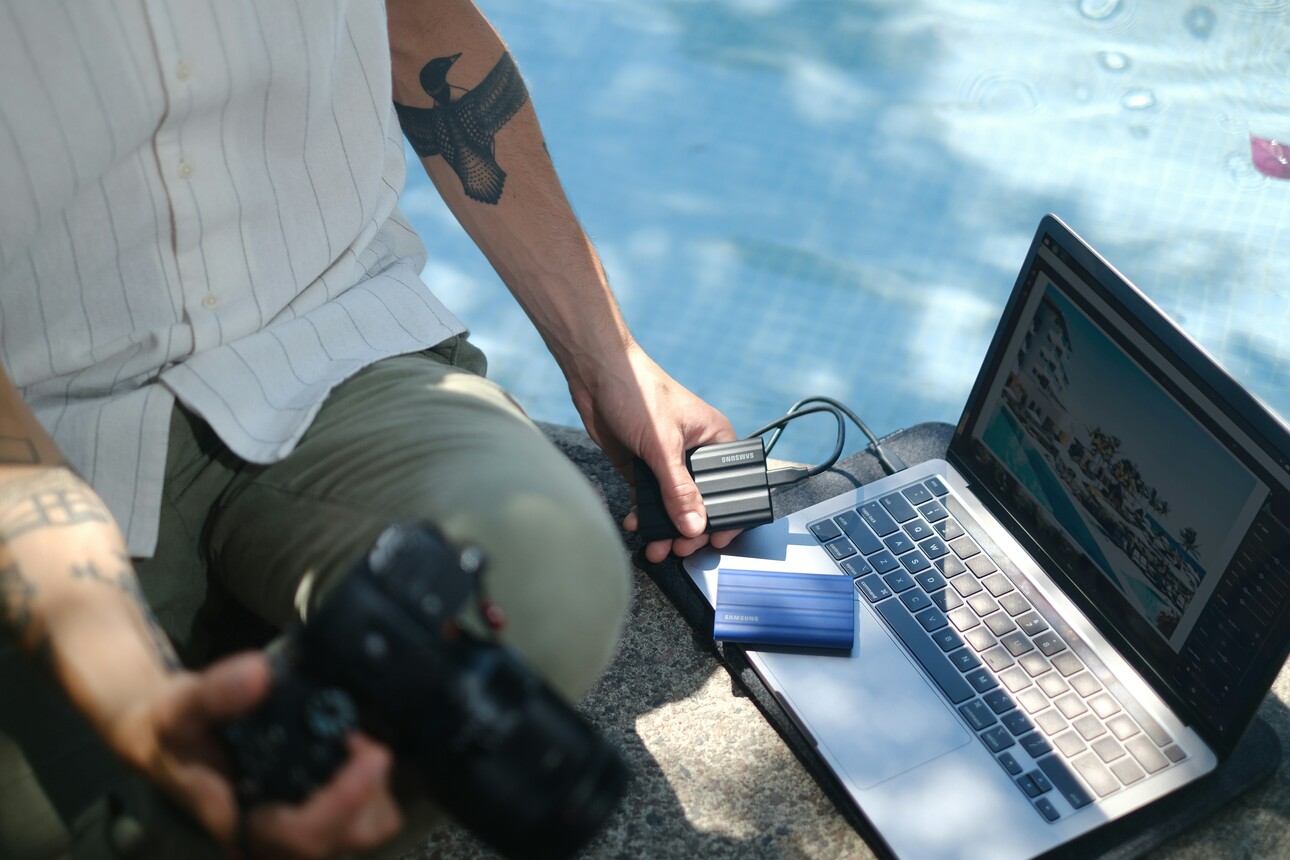
Communication has become a major issue for tourism professionals, particularly in certain geographical areas where competition is strong. Take the example of this family-run campsite in Southern Brittany, which has opted for a solid communications strategy to remain independent in the face of franchises. Between social networks, the website and traditional media, an effective communication strategy enables it to stand out from the crowd and attract new holidaymakers while retaining existing customers. Here are the essential components of a successful communications strategy:
Determining the main characteristics of the holidaymakers you are targeting guides the design of all the messages, promotions and channels to be prioritised. To achieve this:
This in-depth knowledge forms the basis for developing truly attractive and targeted offers. A campsite focused on well-being and offering relaxation workshops will not appeal in the same way as a sports campsite.
A consistent brand image plays a key role in customer perception. A homogeneous, recognisable visual universe relayed on every medium (flyers, business cards, signs, website) reinforces credibility. The physical channels remain opportunities to make yourself known locally, especially when the campsite is established in a region popular with tourists. On the internet, the design of the site and the presence on social networks have a direct influence on holidaymakers' choice. Professional photos, immersive videos and the organisation of live events capture attention and humanise communication while creating a close bond.

Positioning in search results is vital for a campsite, especially during the summer months. Keywords related to the region, the activities or the ecological specificity of the site (for example, "ecological campsite in Brittany") help to attract Internet users who are already interested in these criteria. Here are a few ideas:
Social networks are now essential. When used properly, they can be a real vector for raising awareness and generating additional bookings.
However, running a social page or account requires regular posting and careful moderation of comments. One final tip: encourage satisfied customers to publish their own photos or testimonials in order to generate authentic and persuasive content.
A successful communication strategy does not end with the first stay. Building loyalty is achieved by maintaining contact with customers who have subscribed to a newsletter or registered on the booking platform. Targeted e-mail campaigns, sent out at strategic times (end-of-year festivities, start of the summer season), provide an opportunity to offer :
Using marketing management software dedicated to the campsite greatly simplifies these actions, while avoiding the risk of duplication or errors in data processing.

Well-chosen partnerships can boost a campsite's visibility:
The aim remains to make a positive and lasting impression by building a network of quality relationships.
Every communication campaign deserves to be evaluated. Observing website traffic, the number of interactions on the networks or the volume of e-mails opened provides information about the relevance of the choices made. Regular monitoring enables us to identify the most profitable media and to rethink those that are less attractive. Feedback from holidaymakers, gathered via satisfaction questionnaires or opinion platforms, is also a valuable lever for adjusting the offering and adapting communications. The more dynamic this improvement loop, the more effective the strategy. Solid foundations in terms of message, positioning and digital channels, combined with a good dose of creativity, lead to growing brand awareness. Managers who take care at every point of contact, while remaining attentive to customer feedback, succeed in developing a relationship of trust that is often decisive for the long-term future of their campsite. Today, a well thought-out, agile communications strategy is no longer an option, but a genuine lever for success. By skilfully weaving together the threads of digital and on-the-ground communication, and by placing customer care at the heart of their actions, independent professionals are proving that it is possible not only to resist the standardisation of offers, but also to prosper by cultivating authenticity and a special relationship with their holidaymakers. So, are you ready to take up this exciting challenge?